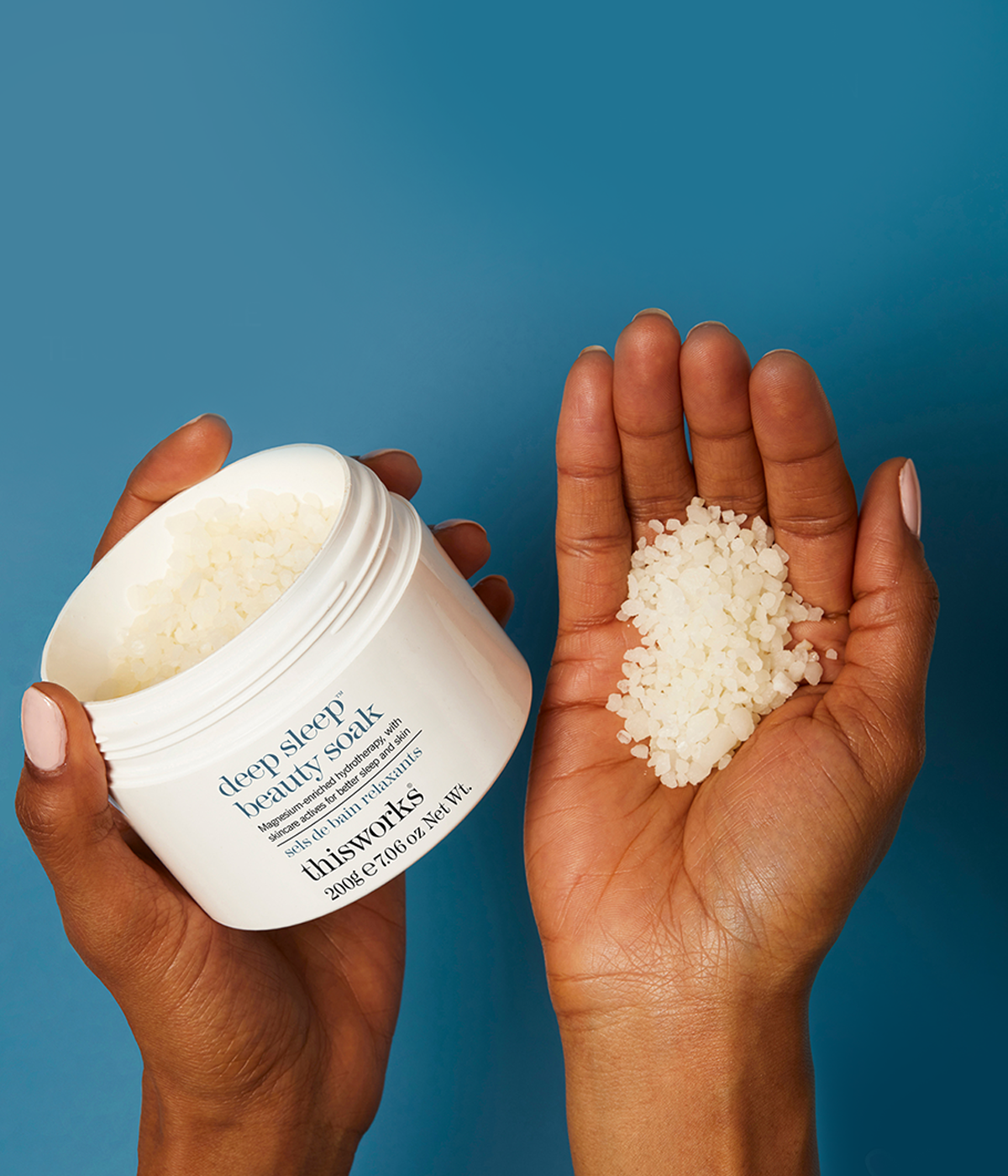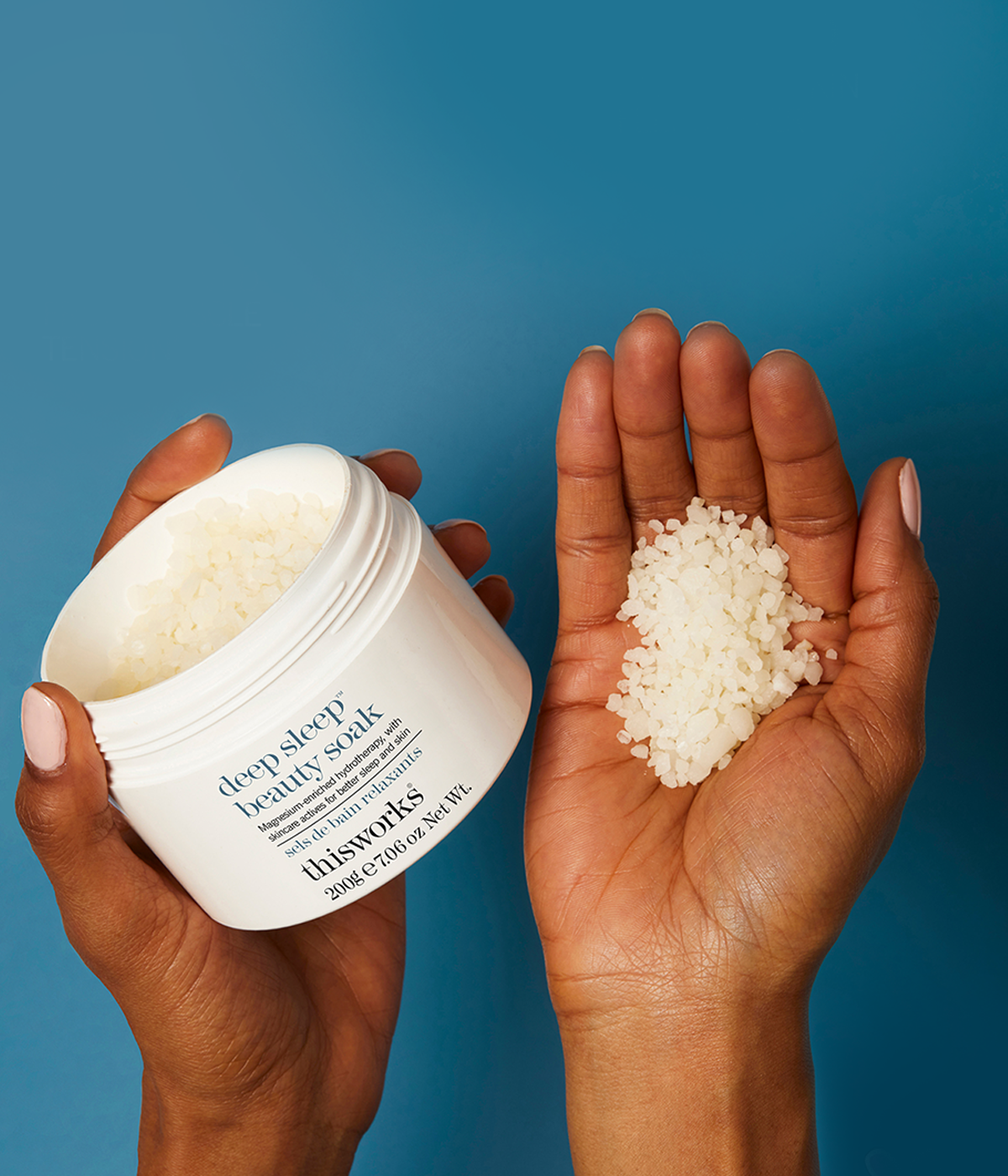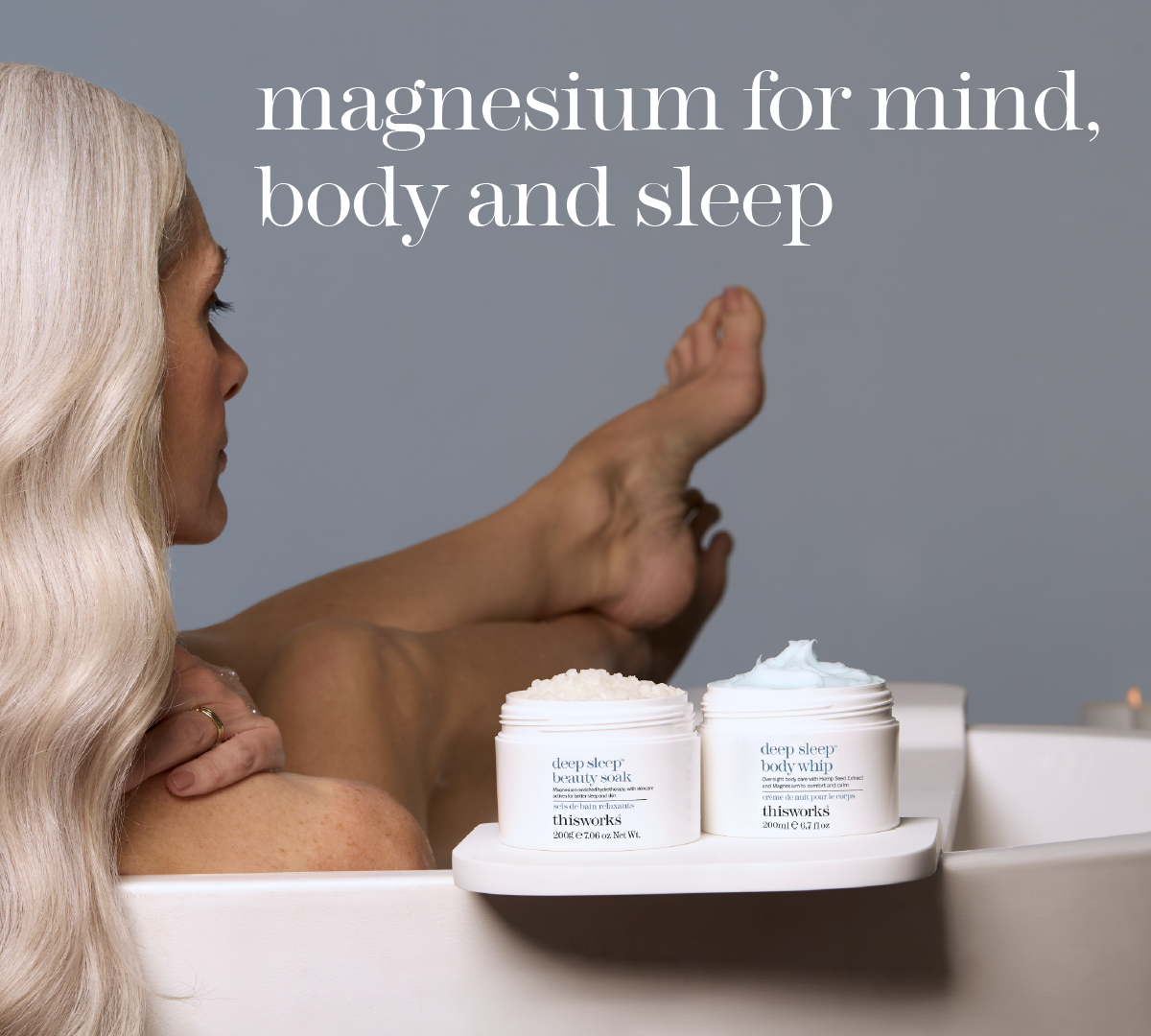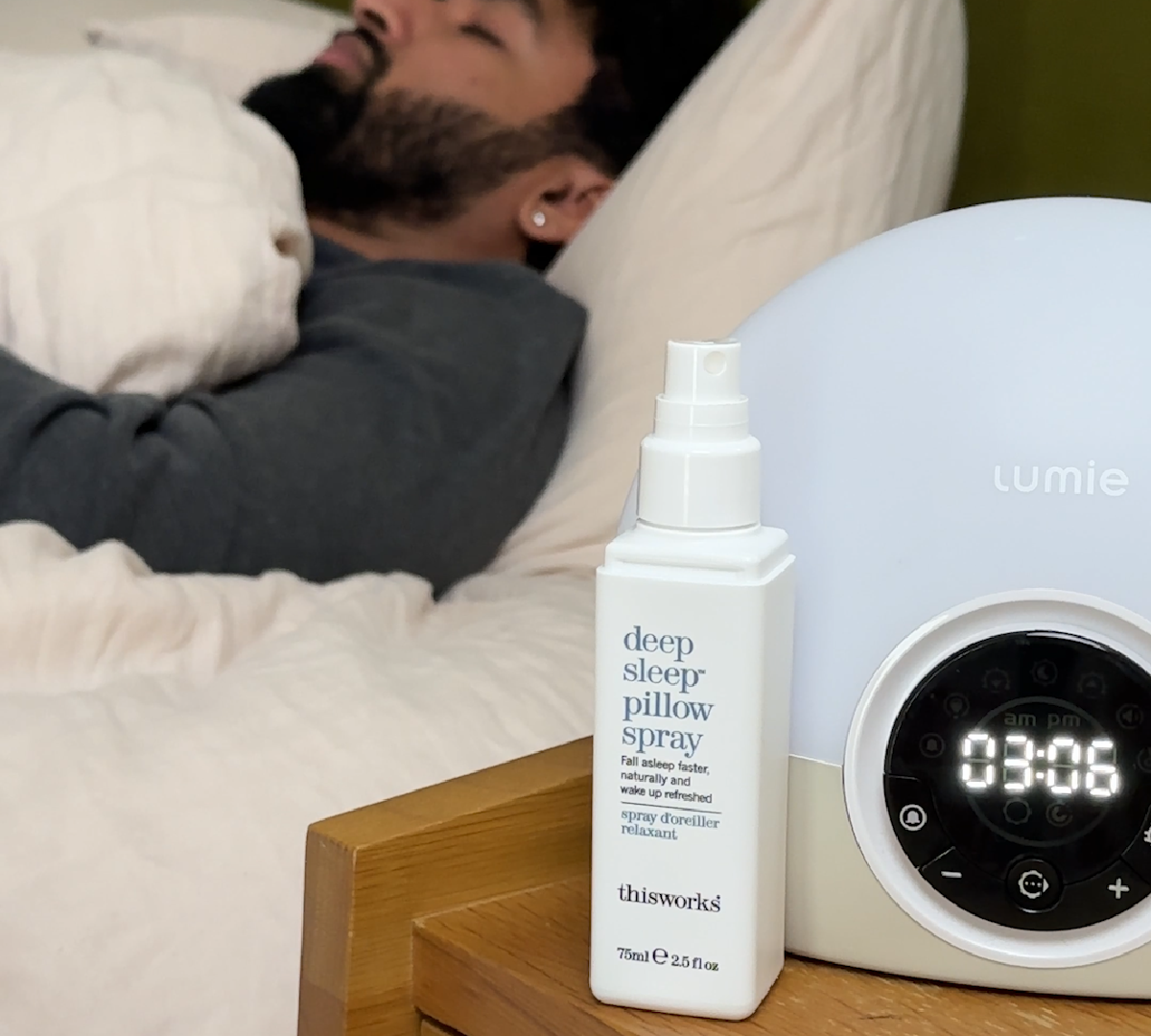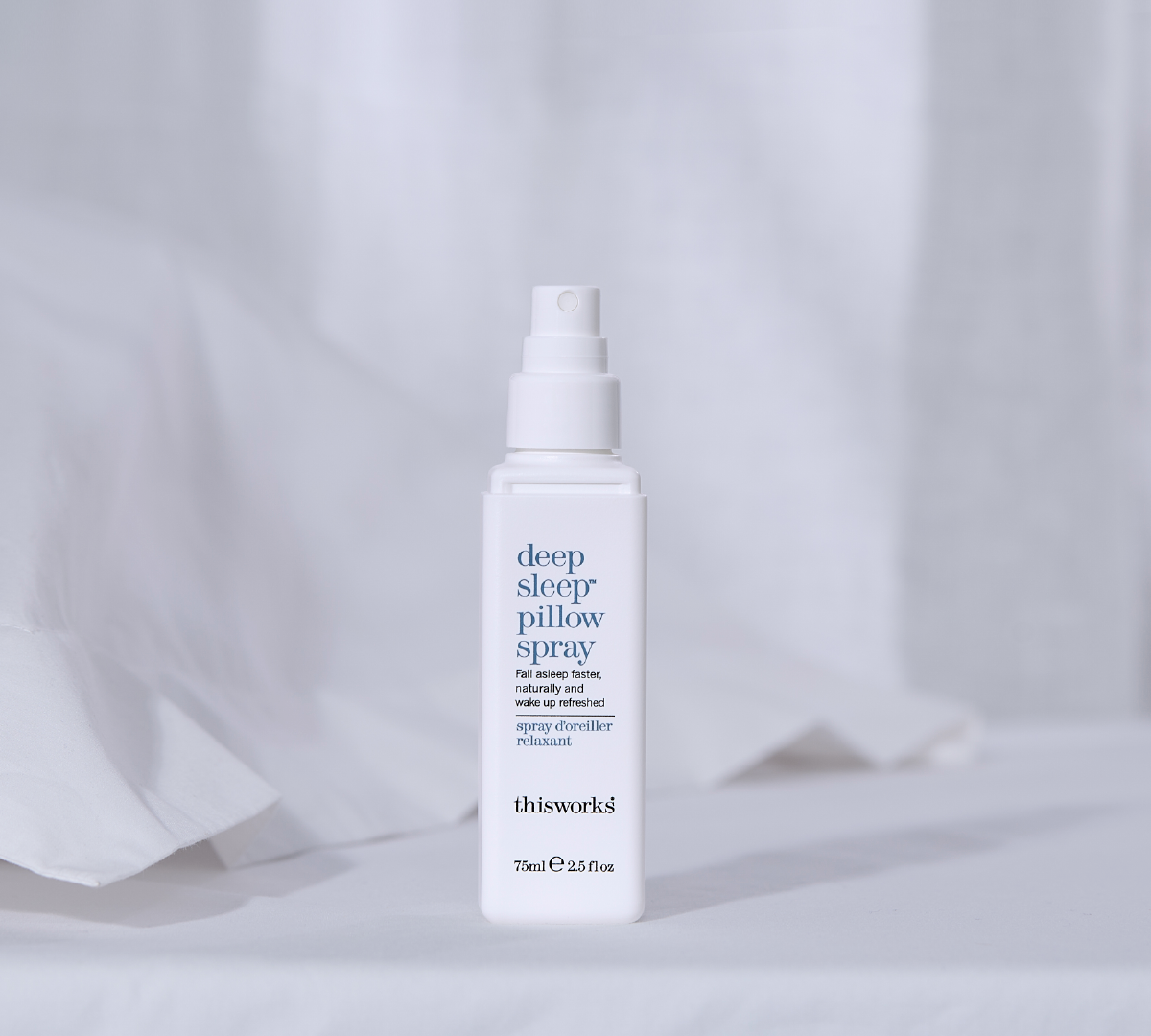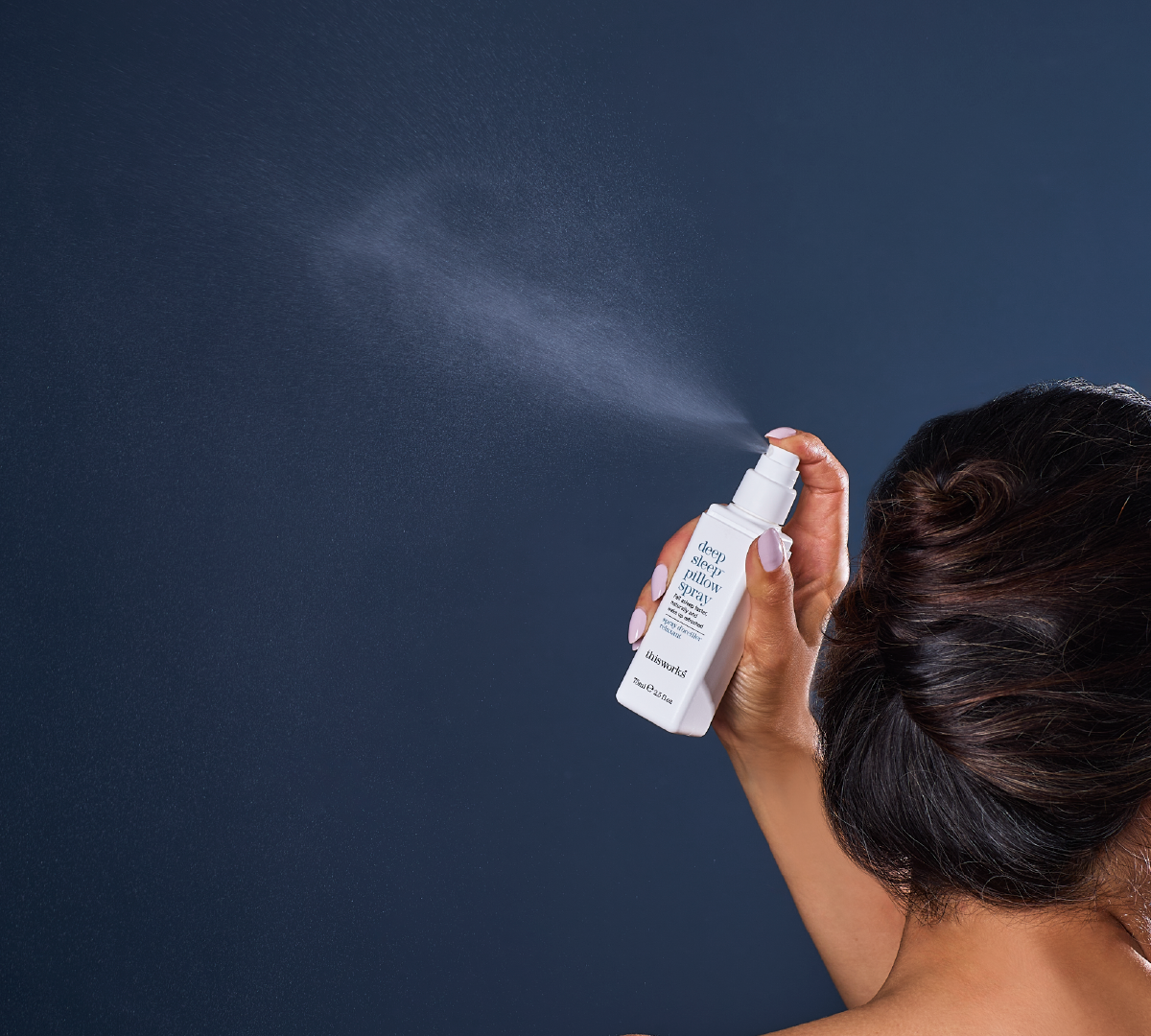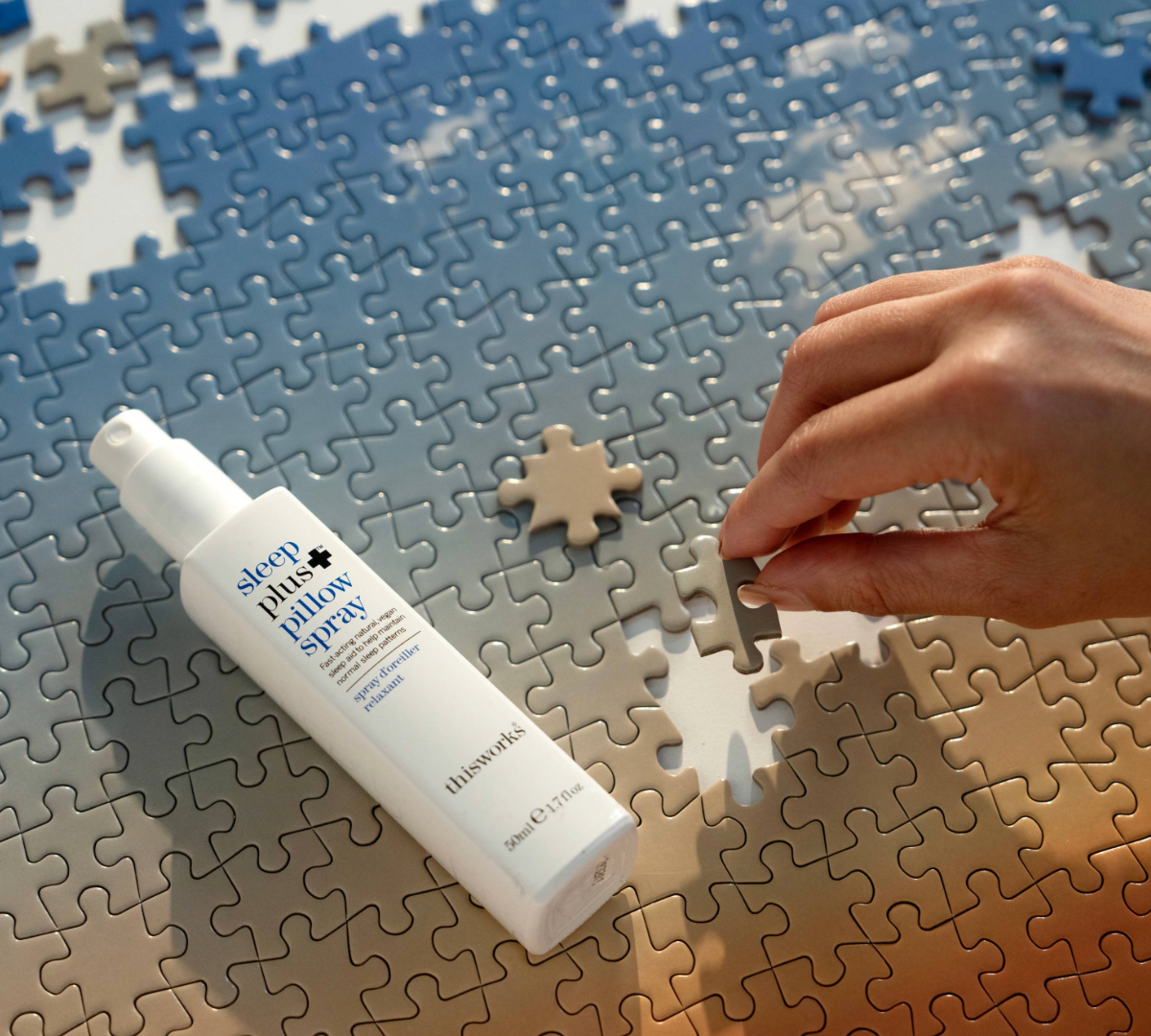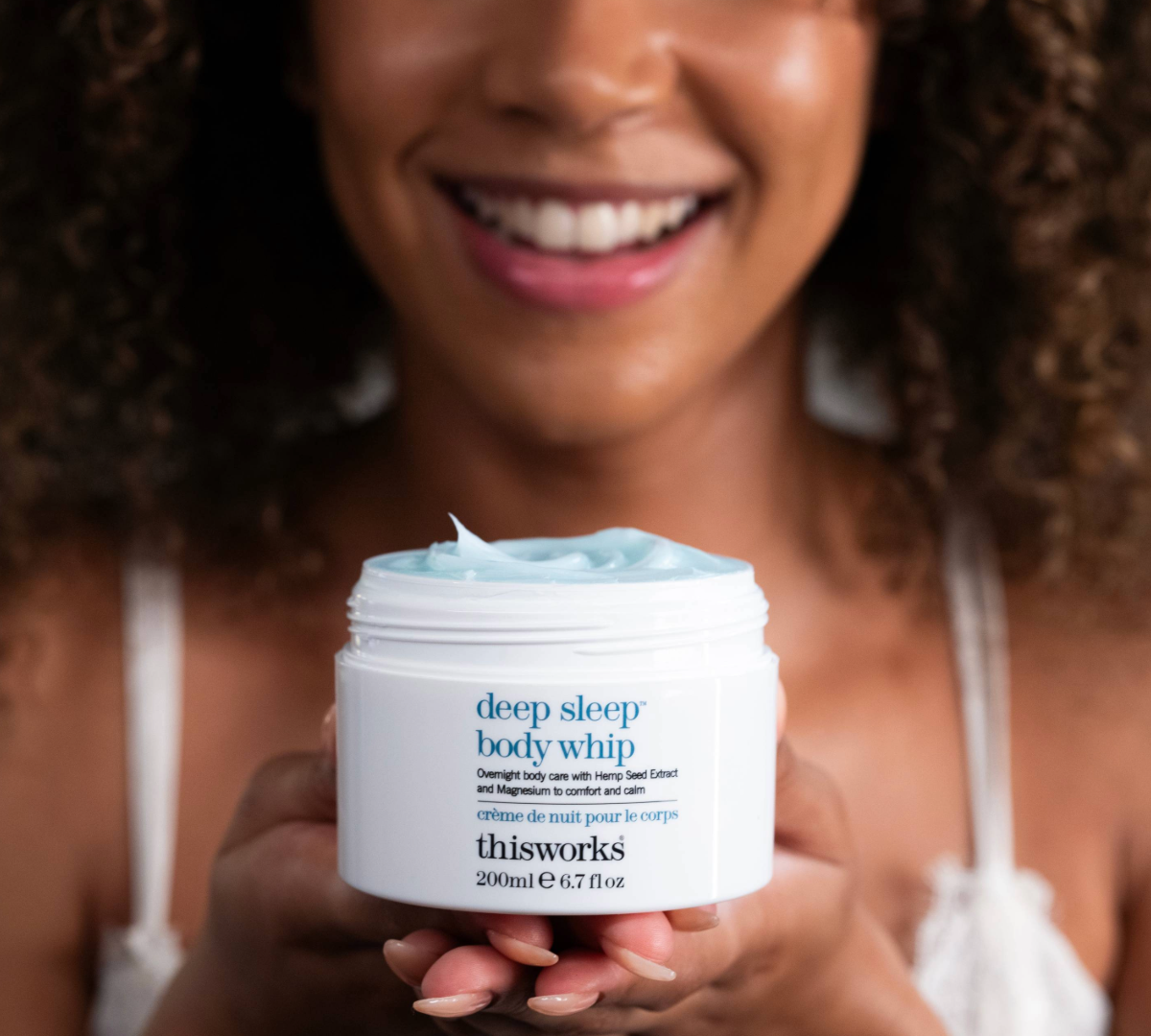better sleep for better health
In this blog, we weigh in on the power of prioritising deeper sleep for improved mental health, clarity, and well-being.
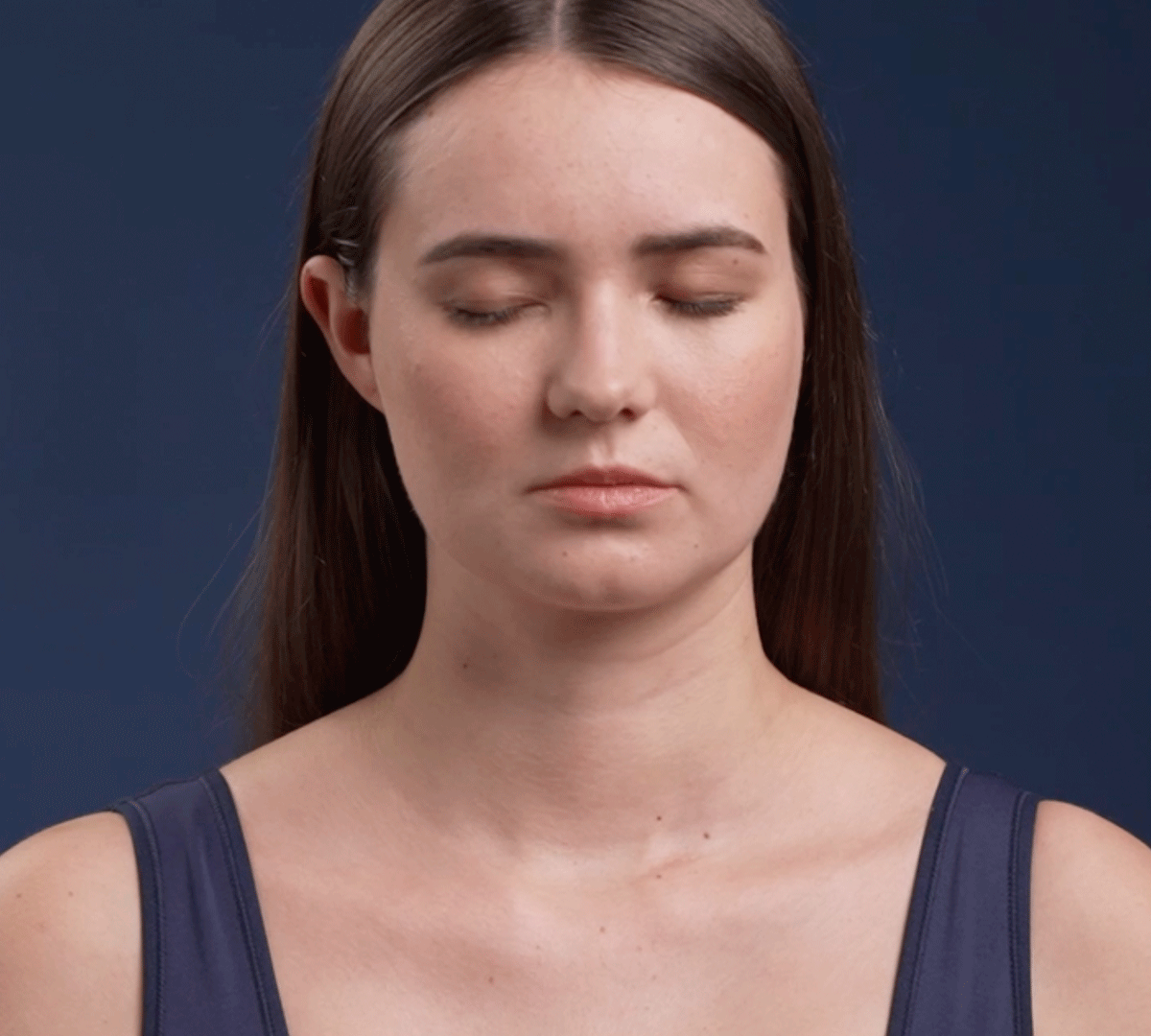
A good night's sleep is more than just waking up feeling refreshed; it's essential for our mental health and well-being. When we sleep, our brains and bodies go through repair and restoration. It's a time when we process emotions, memories, and everything we've experienced during the day, meaning clocking enough hours of good-quality sleep is critical for maintaining optimal cognitive function and emotional stability. In the same way, restorative sleep can equip us with wider tolerance, better emotional stability and mental clarity, disrupted sleep can play a significant role in poor mental health.
sleep stages 101: a foundation for health
Sleep is a carefully structured cycle consisting of four distinct stages. Each stage has unique functions, and together they create the foundation for learning, memory, recovery, and mental balance.
- N1 (light sleep): This transitional stage accounts for 5-10% of total sleep. It shifts the brain from rapid waking activity into slower rhythms, easing us into deeper rest.
- N2 (intermediate sleep): About half of total sleep is spent here. This stage uses bursts of rapid brain activity (sleep spindles) to integrate new facts and skills, process emotions, and stabilise mood.
- Slow-wave sleep (deep sleep): Ideally 15-25% of total sleep. This is the most restorative phase, when the heart rate slows, muscles relax, and the immune system strengthens. Deep sleep supports clear thinking, memory consolidation, and resilience against stress.
- REM (rapid eye movement) sleep: Making up 20-25% of sleep, REM is the stage most associated with dreaming. Brain activity closely resembles wakefulness, and this heightened activity is crucial for emotional regulation, creativity, and problem-solving.
sleep and memory consolidation
Different types of memories are processed in different stages of sleep:
- Deep sleep (slow wave) strengthens declarative memories - facts, knowledge, and experiences - by transferring them from short-term storage (hippocampus) into long-term networks (neocortex).
- N2 sleep plays a key role in procedural memory (skills and tasks).
- REM sleep integrates emotional and procedural memories, strengthening neural connections and linking new information with existing knowledge.
sleep and emotional regulation
One of the most powerful benefits of sleep is its ability to regulate emotions and protect us from anxiety, irritability, and stress overload.
Deep Sleep: nature’s anxiety reducer
After a bad night’s sleep, it’s common to feel jittery, short-tempered, or anxious. That’s because deep sleep helps us integrate emotionally charged memories, dial down their intensity, and build resilience against distress.
During this stage, the glymphatic system clears away waste products that accumulate during the day, preventing cognitive decline. At the same time, deep sleep reduces activity in the amygdala, the brain’s emotional centre, calming fear and anger responses. Without adequate deep sleep, the amygdala becomes hyperactive, leaving us more reactive and less able to cope.
Cortisol, the body’s main stress hormone, also depends on healthy sleep. Normally, cortisol peaks in the morning to promote wakefulness and declines later in the day. Disrupted deep sleep interferes with this rhythm, leaving cortisol elevated at night and throughout the day - fuel for anxiety.
REM Sleep: processing emotions and fear
REM sleep is where our brains integrate emotional experiences into memory. It widens our “window of tolerance,” helping us gain perspective and cope with daily challenges.
Dreaming plays a key role here, acting as an emotional simulator. By rehearsing difficult scenarios in a safe dream environment, we reduce the intensity of stressful memories and improve problem-solving. Research shows that REM sleep helps extinguish fear responses, enhancing emotional flexibility and resilience.
When REM sleep is disturbed, however, emotional regulation suffers. People with PTSD, for example, often experience fragmented REM cycles that intensify distressing memories. Similarly, those with anxiety disorders may have reduced REM duration, leaving them more vulnerable to emotional instability.
The partnership between deep sleep and REM
Although deep and REM sleep perform different tasks, they are most effective when working together. Deep sleep “resets” the brain and clears the way, while REM integrates experiences and emotions into long-term memory. When either stage is disrupted, the balance breaks down, increasing vulnerability to anxiety, depression, and mood swings.
consequences of poor sleep
Conditions like insomnia, sleep apnea and restless leg syndrome can reduce the duration and quality of both deep and REM sleep, leading to increased anxiety and emotional instability. Persistent stress can disturb sleep, creating vicious cycles in which poor sleep can worsen anxiety, and anxiety can worsen sleep quality. Mental health disorders like Major Depressive Disorder (MDD) and Generalised Anxiety Disorder (GAD) are often associated with shortened REM latency or increased REM activity, which contribute to emotional dysregulation.
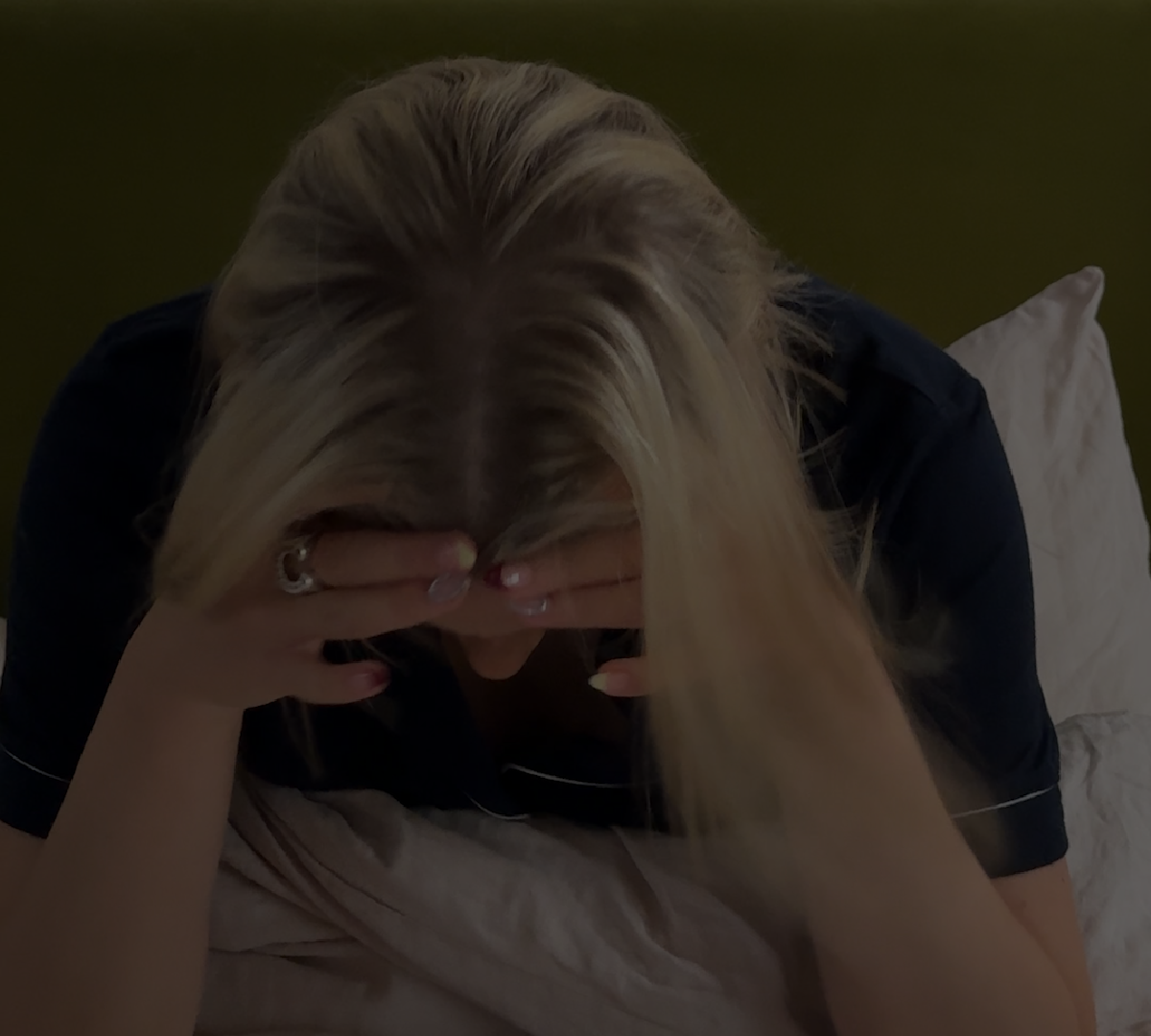
so how can we improve our sleep?
The good news: sleep quality can often be improved with small but consistent changes.
Daily habits:
- Morning light exposure: Get at least 10 minutes of sunlight shortly after waking. This helps spike cortisol and anchor your circadian rhythm.
- Afternoon light: A short walk outdoors in lower afternoon light encourages melatonin production for the evening.
- Exercise: Regular activity supports sleep quality but avoid vigorous workouts too close to bedtime. Then incorporate deep sleep beauty soak into your evening routine with its 5% Magnesium, Zinc and Sodium which help to ease muscle tension.
Evening rituals:
- Dim the lights: Switch off bright overhead lighting in the evening and use our deep sleep heavenly candle which contains a powerful blend of calming Lavender and soothing Roman Camomile essential oils to aid relaxation as you wind down at the day’s end.
- Screen time: Avoid screens for two hours before bed or use blue-light filters if unavoidable.
- Wind-down routine: Reading, journaling, or gentle stretching can ease the transition into sleep. Spritzing deep sleep pillow spray, formulated with our fMRI tested Functional Fragrance onto your bedding (and pyjamas) before bed helps cue the body for rest. Led by our CEO and biochemist, Dr. Anna Persaud, this product has been shown to activate areas of the brain associated with relaxation and to support the transition into sleep.
Lifestyle choices:
- Limit caffeine and alcohol, especially in the afternoon and evening.
- Avoid heavy meals late at night.
- Stick to consistent times for sleep, meals, and movement to reinforce circadian rhythms.
further sleep support?
In the modern world, there are numerous ways to track and understand your sleep. Apps and wearable devices can help gain insight into your sleep patterns, but it's important not to become obsessed with crunching the numbers, as this can lead to pre-bedtime anxiety. The use of noise machines, particularly pink noise, can help enhance deep sleep through auditory stimulation. Talking therapy that uses methods like cognitive behavioural therapy (CBT) can address maladaptive sleep habits and may be beneficial. It's always best to seek advice from a sleep specialist who can help address specific issues related to sleep architecture.



